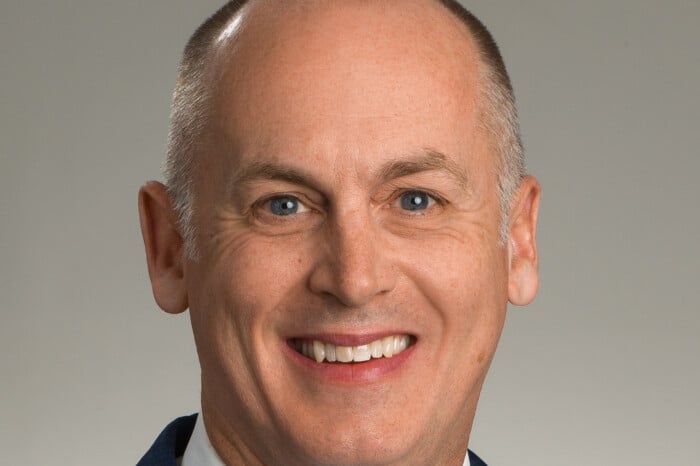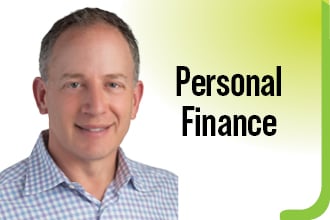 Investors should be asking their financial advisors crucial questions at various points in time. Let’s examine five of the most essential.
Investors should be asking their financial advisors crucial questions at various points in time. Let’s examine five of the most essential.
- What are we doing to protect against longevity risk?
“Longevity risk” is the risk of running out of money during your lifetime. No one wants to depend on their children or welfare in old age. Supporting aging parents can be overwhelming on adult children, especially if they are also raising children and planning their own retirement.
Owning assets that generate an income and have a history of growing over time allows the owner to maintain their lifestyle as inflation erodes the purchasing power of their assets. Dividend paying stocks and real estate investments both have a history of doing that.
- What are we doing to save on taxes?
Many advisors recommend products like annuities that defer taxes, but once the annuity matures the accumulated income can push an investor into a higher tax bracket. Annuity income is taxed at the highest ordinary income tax rates. So is interest earned on CDs from banks.
Accountants often advise business owners to reduce their current tax liability by contributing to pretax retirement plans. But all that deferred income will be subject to tax either in the client’s own lifetime or will be taxed to their children or other beneficiaries. Roth IRAs or 401(k) Roth accounts provide tax free growth and tax free income. It often makes sense to pay taxes today on your earned income and invest in Roth accounts that grow tax free.
- What are we doing to optimize our estate plan?
Estate planning documents are often drafted without completing the process. A qualified certified financial planner practitioner will advise that accounts and assets be properly titled, and beneficiary designations updated based on the estate plan. If the assets in the trust are not titled properly in the trust’s name, then there is no value in having created the trust.
An estate plan should first consider how to pass assets down to the next generation. If most of your financial assets are in pretax accounts, IRAs, and tax deferred annuities, then the beneficiary of those accounts will be subject to federal and state income tax.
- What are other clients doing to maximize lifetime earnings?
What about workplace retirement plans, employee stock purchase plans, stock option plans, reimbursement for professional education, or health savings accounts?
Less obvious opportunities include career development and entrepreneurship, or a side income. A 10% or 20% increase in income could make a large difference in savings. Compounding over your career could make a life-changing impact in retirement.
Coaching from a certified financial planner professional may include better salary and promotion negotiations, pursuing leadership roles, or even changing employers. The impact of a positive career change or transitioning to business ownership can have an enormous impact on long-term wealth building.
- What is the total cost of the investments in my portfolio?
Some financial planners charge a single fee that covers the cost of investment management and advice. This tends to be the most transparent way to charge. Unfortunately, a lot of people don’t know exactly what they are paying. A woman recently referred to our company had all of her money invested in annuities. She had no idea one of the annuities was costing her over 3% per year in fees.
Another client asked us to review his retirement account and didn’t realize he was paying two layers of fees on that money — the advisor fee, plus the portfolio funds’ fee. And, the advisor fee wasn’t assessed inside the pretax account to take advantage of the tax savings.
Investment costs should be easy to understand. If the fees cannot be explained simply, the client’s best interest may not be optimally served.
Creatively comprehensive financial advice
Financial planning is about more than the numbers. A certified financial planner professional can guide clients toward financial independence while encouraging them to maximize their full potential in life. Factors related to increasing earnings through career development or entrepreneurship, and exploring tax strategies are all crucial to consider.
For those raising children, it’s important to cherish time with the kids during the short time they’re growing up. Investments in education, fitness, and nutrition can improve the quality of life during both work and retirement years
Talking to a qualified advisor can introduce ideas that you may never have considered, and to explore ways to benefit you and your loved ones — today and far into the future.
Daniel Cohen, certified financial planner, is CEO and chief investment officer at Cohen Investment Advisors, a registered investment advisory firm in Bedford, NH.
 Investors should be asking their financial advisors crucial questions at various points in time. Let’s examine five of the most essential.
Investors should be asking their financial advisors crucial questions at various points in time. Let’s examine five of the most essential.













